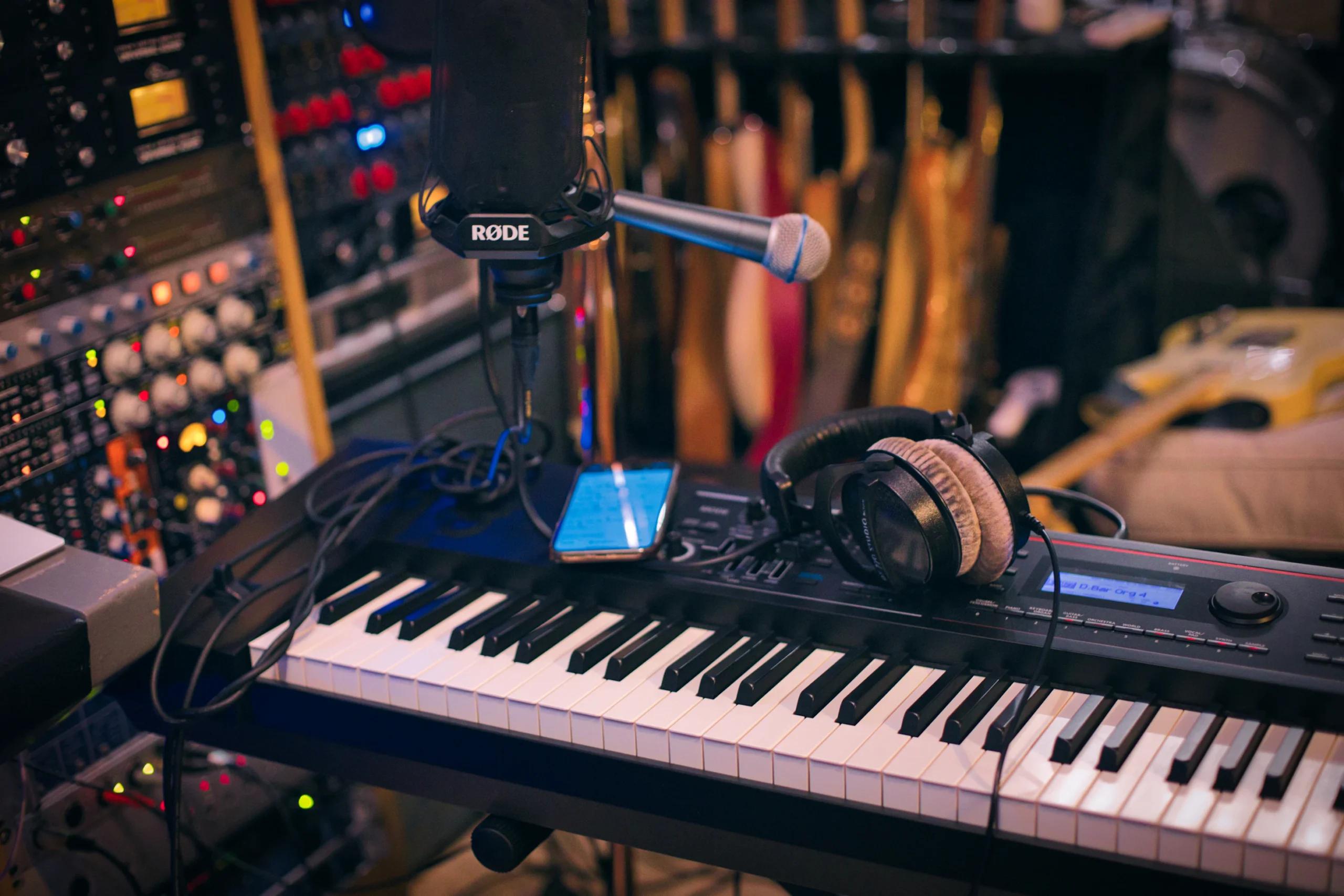Just days after Capitol Records petitioned the Supreme Court regarding a decade-long lawsuit over whether the Digital Millennium Copyright Act provides “safe harbor” protections to internet service providers for user infringement of pre-1972 sound recordings, another important decision involving pre-1972 recordings came down. A New York appeals court ruled on December 20th that there is no right of public performance for sound recordings under New York common law. It is a decision that will surely bring a lot of relief to radio broadcasters.
The ruling comes as part of a class action suit brought by Flo & Eddie, of 60s rock group The Turtles, against Sirius XM. Flo & Eddie sued the satellite radio provider in New York, Florida and California for copyright infringement for publicly performing—broadcasting— their pre-1972 songs without a license. (It is important to note here that songs have two copyrights: (1) composition, which protects the lyrics and the melody and (2) sound recording, which protects exactly what it seems, a particular recording of the song. The owners of compositions have exclusive rights in public performance, while the owners of sound recordings only have digital public performance rights.) Sirius XM was found liable in California in 2014. That same year, the District Court for the Southern District of New York denied Sirius XM’s motion for summary judgment because it ruled that New York courts had a long history of protecting the public performance rights under common law in other areas like plays and films; the court didn’t agree with Sirius XM’s argument that the lack of case law on common law public performance rights meant they didn’t exist. It also rejected Sirius XM’s fair use argument regarding the internal reproduction of the recordings.
When Sirius XM appealed to the Second Circuit Court of Appeals, that court realized the case involved “a significant and unresolved issue of New York copyright law” and certified a question to the New York appellate court: “Is there a right of public performance for creators of sound recordings under New York law and, if so, what is the nature and scope of that right?”

Where creative minds come together
In the opinion to resolve that question, Judge Leslie Stein wrote,”[W]hen addressing a legal question for the first time, courts must be mindful of the effect on future litigation and the development of the law. State court cases in New York have not directly addressed the question of whether the common-law copyright for sound recordings includes the right of public performance.” After a review of relevant New York cases, the judge determined that the state’s common law copyright protection only prohibits piracy. “It would be illogical to conclude that the right of public performance would have existed for decades without the courts recognizing such a right as a matter of state common law,” she stated. She went on to say that copyright owners of sound recordings didn’t enforce public performance common law rights for decades, even in the face of federal law that limited the right of public performance, which supported the court’s conclusion that copyright owners did not think the common law right existed.
She further found that New York had never recognized a common law right of public performances of pre-1972 recordings, and the court declined to do it here.
Now that the Second Circuit has its answer there is a strong likelihood it will reverse the district court’s ruling.
The New York Appeals Court case is Flo & Eddie, Inc. v. Sirius XM Radio, Inc. 2016 NY Slip Op 08480.
To see how this suit develops, stay tuned to our blog.



